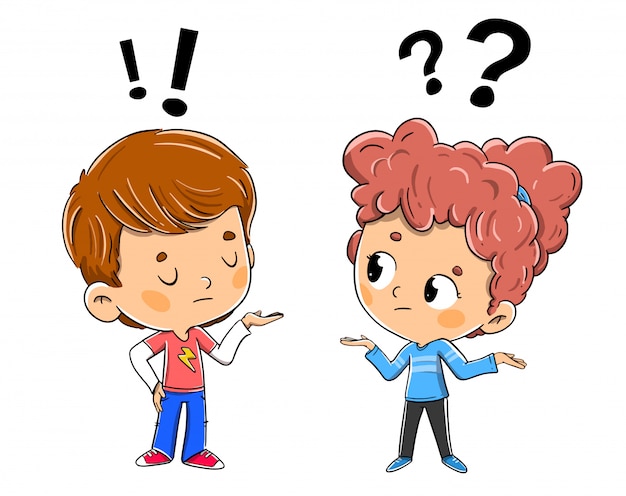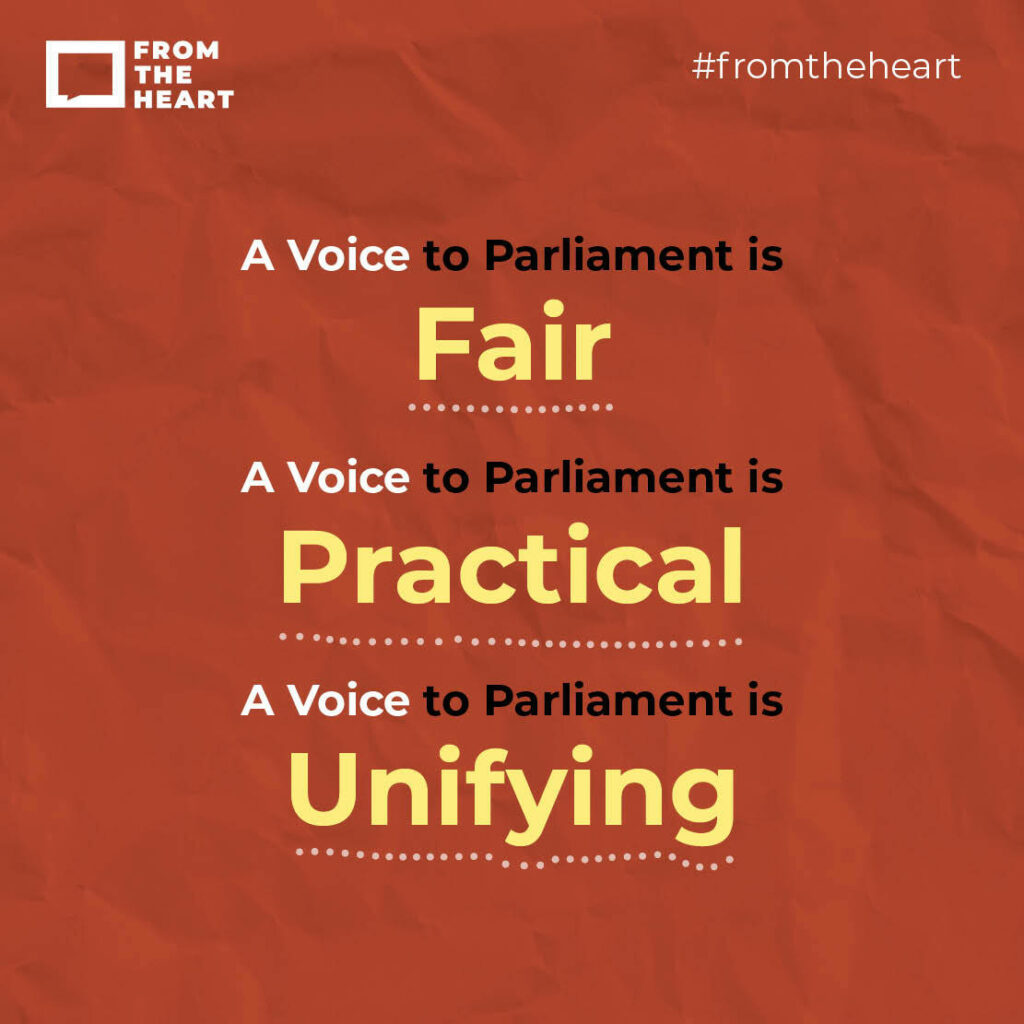I am motivated to write this article after reading a post online elsewhere where a person said that he was culling his " followers " from his social media.
Why?
Because they couldn't argue their case. Instead, they were resorting to ridicule, abuse, insults and one-line comebacks, instead of pointing out why they held an opinion that was worthy of consideration.
Herein lies the problem.
You see, today, people have lost the ability to debate. To argue their case. To defend their position. To exemplify why they are right. How they came to their conclusion, where they found their information in order to form their opinion and when they came to form their opinion in the first place.
He said:
I am now entering my block phase on this site. {not patriotrealm.com }If you find you've been blocked it is nothing personal, it's just that;
- You are too thick to engage with,
- You are mentally ill, or;
- Propagandised beyond help,
- An idiot,
- Too uneducated,
- Illiterate,
- Annoying,
- A fool, or;
- A paid shill.
If you are blocked it is highly likely you fit into one or more of the above categories. A block is non-negotiable and no correspondence will be entered into.
Thank you for your understanding.
You see, we have lost the art of debate. It is hard to have a conversation with someone who will not reply with a civil response. And I agree with the man who said that he was "blocking " those who used abuse to counter his comments.
Trying to debate with a slogan is impossible.
The art of debate has a long and ancient history that dates back thousands of years. The roots of formal debate can be traced to ancient civilisations such as ancient Egypt, Mesopotamia, and Greece.
In ancient Egypt, legal and philosophical discussions were common, and these exchanges often involved structured arguments and counterarguments.
However, it was in ancient Greece where the art of formal debate truly caught on. The Greeks saw debate as an essential part of their democratic society and education system. In the 5th and 4th centuries BC, the Sophists, a group of teachers and intellectuals, played a significant role in shaping the art of rhetoric and argumentation. These Sophists taught the principles of persuasive speaking and argumentation to their students, emphasizing the importance of logic, rhetoric, and public speaking.
One of the most well-known philosophers associated with debate during this time was Socrates. He used the Socratic method, a form of argumentative dialogue, to encourage critical thinking and challenge people's beliefs and assumptions.
I just put this in because I have always found it funny and have never been able to use it. I saw a window of opportunity.
Anyway, I started thinking about the time when Monty Python's movie " Life of Brian " was causing such a stir.
It had people deeply divided. John Cleese and Michael Palin debated Christian Malcolm Muggeridge and Mervyn Stockwood (the then Bishop of Southwark).
On the edition of 9 November 1979, hosted by Tim Rice, a discussion was held about the then-new film Monty Python's Life of Brian, which been banned by many local councils and caused protests throughout the world with accusations that it was blasphemous. To argue in favour of this accusation were broadcaster and noted Christian Malcolm Muggeridge and Mervyn Stockwood (the then Bishop of Southwark). In its defence were two members of the Monty Python team, John Cleese and Michael Palin. The first part is an interview with Cleese and Palin; the actual debate starts at 18:00.
It is well worth the watch - you can skip through to 18 minutes to catch the actual debate.
Debating is such an important part of critical thinking. It was something that I learned at a very young age at a small rural school in New Zealand back in the 1960's.
In retrospect, I was in fact a self-absorbed, opinionated little girl. I had a highly elevated sense of self importance when it came to my brain power. I felt somehow superior to my classmates because my brain was so " clever. " In short, I needed taking down a peg or two, and my teacher saw fit to be the one to do it. Thank goodness he did.
It was customary to have a weekly debate at our little country school. Our teacher, who was also our headmaster ( an old-fashioned term, I grant you, but it still works for me.)
This particular week, we were tasked with debating a subject that I held very firm opinions on and about. When it was announced, I was delighted. My egotistical little brain thought " Oh, this is going to be fun. "

But he dropped a bombshell on me. I was to Captain the team on the opposing side.
Stunned. Shocked.and speechless.
I sat in horror, wondering what kind of monster this man was.
My teacher also knew that I did not like to lose.
So it was that I began to explore all of the reasons why my opinion was perhaps wrong. I went to the school library and researched all I could about the particular subject. I asked my parents and siblings about their views. I took notes. I conducted a forensic inquiry and finally came up with a defensible argument that was opposite to my own personal belief. I wanted to win. It was as simple as that.
The day of the debate, one week later, I lost. Coming home from school, I had mixed emotions. On the one hand, my belief had been proven right ( as my fellow students had said ) but, on the other hand, I had lost.
Ego had gotten the better of me and I was in turmoil.
Losing and winning at the same time was something my brain couldn't quite deal with. It took my teacher to explain it the next day when he said:
" I taught you the most important lesson of your life Shaydee. If you hold a strong opinion, make sure you can back it up with facts. If you disagree with your opposing point of view, be prepared to back it up with facts. "
I have never forgotten it. Ever.
We are living in a world where opinions can be formed by emotions. Not facts.

" It's not fair! " or " " F##k you! " are catch cries. Why, even our governments are ensuring that we can not disagree by creating laws that shut down debate.
If we cannot debate, ask questions, put forward facts and refer to history, what do we have?
An illusion of freedom of speech and an illusion of reality.
In fact we have this situation where " truth telling " is different from telling the truth.
The writer I referred to earlier is from New Zealand. He wrote:
I went to Nelson College (one of NZ's big four that runs NZ, the four are Wanganui Collegiate, Nelson College, Wellington College and Christ's College in Christchurch) and they had a tradition; if you espoused views that you were certain of, they took you and put you in front of the entire year group to say what those views were. You were then questioned and challenged on those views. I can tell you now, it certainly sharpens you up.
Two people that had that happen to them; Syd Jackson, the noted Maori activist and unionist attended the school and went through this process. He credited it with making him the man he became. Then, environmentalist Craig Potton, an old-boy and by then first year English teacher made a presentation to the entire sixth form. He was then grilled, and I have to say his environmental views were effectively destroyed. I was there to witness this destruction and I'm sure it sharpened him up as he was sweating profusely and at times lost for words (his photography is wonderful and he did all the stills for the Lord of the Rings movies, most of the mountain scenes were shot against a green screen in the suburb of Miramar in Wellington).
Nelson College has had a long list of Prime Ministers, among them Bill Rowling and Geoffrey Palmer, and deputy PM and Commonwealth Secretary-General, Don McKinnon. Heat treatment makes the steel hard.
How can debate be shut down by newspapers, governments and social media?
If it existed in a small rural primary school in the 1960's why is it so dangerous today?
Sadly, our governments seek to block us from speaking. Laws about misinformation are on the horizon.
Surely that is a subject that should be up for debate?
BLOG COMMENTS POWERED BY DISQUS



















































